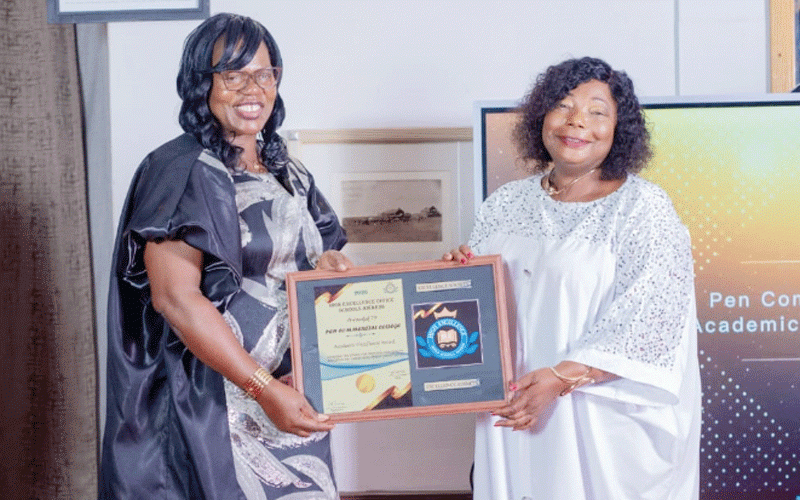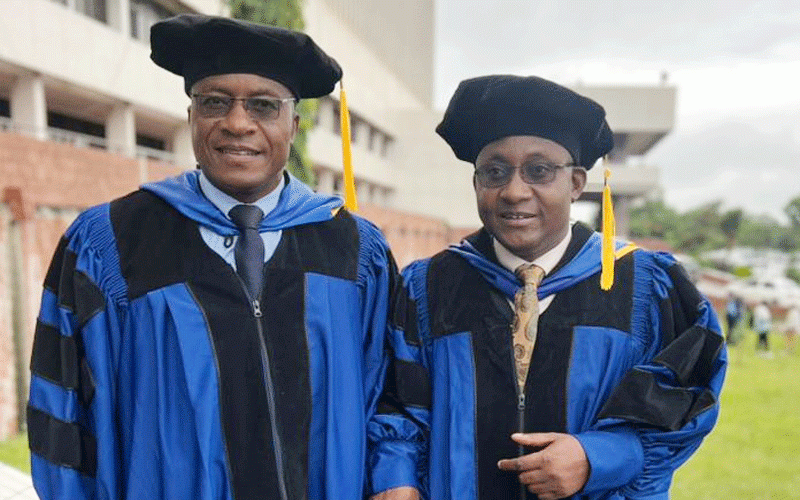
Many years ago, a beautiful, talented, energetic, humble young lady with sparkling, smiling, silken eyes that saw beyond the horizon, left her homeland and travelled far across the world, away from the security of family, home and school, to a very different unknown country to study, with no idea of when she might return. After college she stayed and worked and now has three jobs, parents three children, serves on three boards and cares for those in the community. She has lived out to maximum effect the maxim “Your only limitations are your own expectations” which she testifies that she had heard at her school, a school that in turn had exceeded the expectations of many.
Jason Robinson was a youngster who grew up in a deprived area of England; he never knew his black father until he was 36, lived with his white Scottish mother, his white stepfather and his two older white brothers, none of whom had any sporting ability or interest. He went to a boys’ club where he burned off his energy and anger and discovered that his speed made up for his height. He went on to play rugby league for Wigan and England, winning numerous trophies over eight unparalleled years, before being persuaded to switch to rugby union where he went on to represent, and even captain, England. He appeared in three World Cup Finals, scoring in one victory, and went on three British and Irish Lions’ rugby tours to the southern hemisphere (which only happen every four years).
Despite his background, or perhaps because of his background, Robinson in one interview shared a helpful insight. “Don’t let anyone tell you that you’re not good enough, big enough,” he said. “If I had listened to them, I wouldn’t have done anything in my life.” He would have simply been another nameless statistic on that deprived housing estate who may well have ended up in crime and trouble. Instead, he understood that the “only limitation” he had was his “own expectation”. Others may have doubted his chances but he did not; he looked beyond the limitations surrounding him and made a break, just as he later did as a rugby wing on so many occasions, leading him to score valuable tries.
Another Jason, from centuries before, had a similar attitude. In Greek mythology, we read of Jason and the Argonauts whose seemingly impossible mission was to go beyond the edge of the known world to fetch the Golden Fleece — which he did. He went beyond his limitations.
Too many of today’s youngsters (even adults) are not following these Jasons, are not following that special young lady, by being limited. In one English lesson, following an introductory discussion, the class were given a written task. One boy approached the teacher and gruffly said, “Give me a pencil” to which the teacher responded “No!” The youngster retorted “Then I can’t do it, then, can I?” to which again the teacher replied, “That’s not my problem!” Such an incident is atypical of many young people today who do not just want a pencil but the answer too — limited expectations.
Sadly, we might well lament that it is a similar sight in education as a whole where, in the face of great shortages (it has to be admitted), schools wait for the ministry or government to provide them with their ‘pencil’ and their ‘answer’; they do not go beyond the limitations they see in front of them. In sport, failing teams are those who wait for the ball to come to them instead of pressing to get it themselves. Such teams will never go beyond their boundaries, their limited expectations.
Schools need to be teaching (and indeed showing) that there is an opportunity in every experience, in every situation. We must not be limited by our own expectations, let alone those of others. We need to see the opportunity and see what opens up beyond it. We need to instil a positive approach in our youngsters, such that they see the possibilities. In simple terms, the ayes (the positives, the ‘yeses’) have it; indeed, the eyes have it (they must see beyond the horizon).
Soren Kierkegaard, a Danish philosopher, had a similar perspective when he said that “If I were to wish for anything, I should not wish for wealth and power but … for the eye which, ever young and ardent, sees the possible”. One young lady had such an eye; how many more will do so as well? And whoever it was who told her that adage can smile humbly in the knowledge that she has found gold. What is more, she, her parents and school can be quietly proud of that. There is no limit. See?
- The Soccer Whiz: It’s coming home, it’s coming home
- SuperSport sack Tembo
- School of sport: It’s my job
- School of sport: Plan and play
Keep Reading
- Tim Middleton is the executive director of the Association of Trust Schools [ATS]. The views expressed in this article, however, are solely those of the author in his private capacity and do not necessarily represent the views of the ATS.
- Email: [email protected] website: atszim.org










